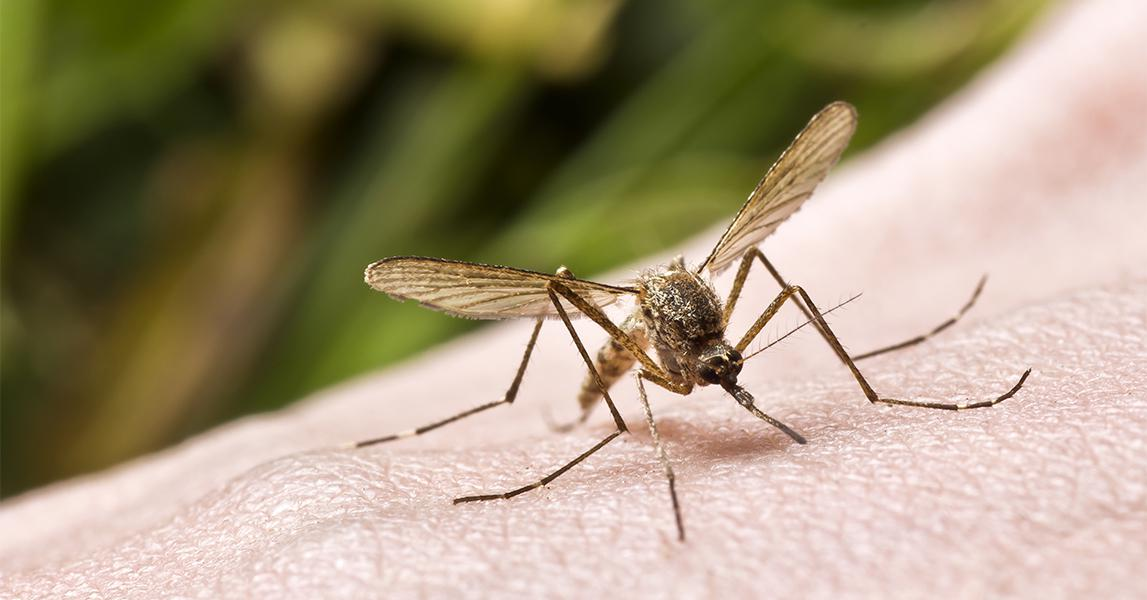
New Delhi: Delhi has reported an isolated case of Japanese Encephalitis (JE) in a 72-year-old man from Uttam Nagar, West Delhi, however, officials have confirmed no outbreak in the city, emphasizing that most JE cases reported in Delhi originate from neighboring states.
Public health measures, as per national guidelines, have been implemented, and officials urge residents not to panic.
The case involves a 72-year-old man from Uttam Nagar, West Delhi, who was admitted to AIIMS on November 3, 2024.
The patient, a diabetic with a history of coronary artery disease and chronic conditions, tested positive for JE through IgM ELISA on November 6, 2024, during his hospital stay. He was discharged on November 15 after receiving care.
The JE virus, carried primarily by waterfowl and amplified in pigs, is transmitted to humans via infected Culex mosquitoes. Although the virus can cause febrile and neurological illnesses, it does not spread through human-to-human contact.
Addressing concerns, officials assured the public that no outbreak has occurred in Delhi, and most reported cases are from neighbouring states.
“The occasional isolated cases have been reported from tertiary hospitals like AIIMS, RMLH, and SJH. All public health measures, including those outlined by the National Centre for Vector-Borne Diseases Control (NCVBDC), are in place to manage the situation,” officials noted.
Nationwide, data from the Integrated Disease Surveillance Programme (IDSP) reveals 1,548 JE cases in 2024, with Assam accounting for 925 cases. The disease is concentrated in 24 states and union territories.
Since 2013, the Universal Immunization Programme has included two doses of the JE vaccine for children, with adult vaccination introduced in high-burden states to curb the disease. Despite this, JE remains a concern in specific regions due to its potential for severe neurological complications and fatalities.
A person with the disease Japanese Encephalitis will typically have either no symptoms at all or only minor ones. Fever and headache are moderate symptoms, while nausea, vomiting, stiff neck, speech impediment, and spastic paralysis are severe ones.
For prevention, people should wear long-sleeved clothing, use mosquito nets, insecticides, and repellents, clean standing water and drains, and maintain a clean environment around their homes.
It is advised to get immunised in order to prevent contracting JE. In areas where the Japanese encephalitis virus (JEV) is prevalent, a vaccine against it has been included in the Indian Universal Immunisation Programme (UIP).
Assam recorded the highest number of JE-related deaths in 2006. The disease had caused almost 1,500 deaths. (ANI)







